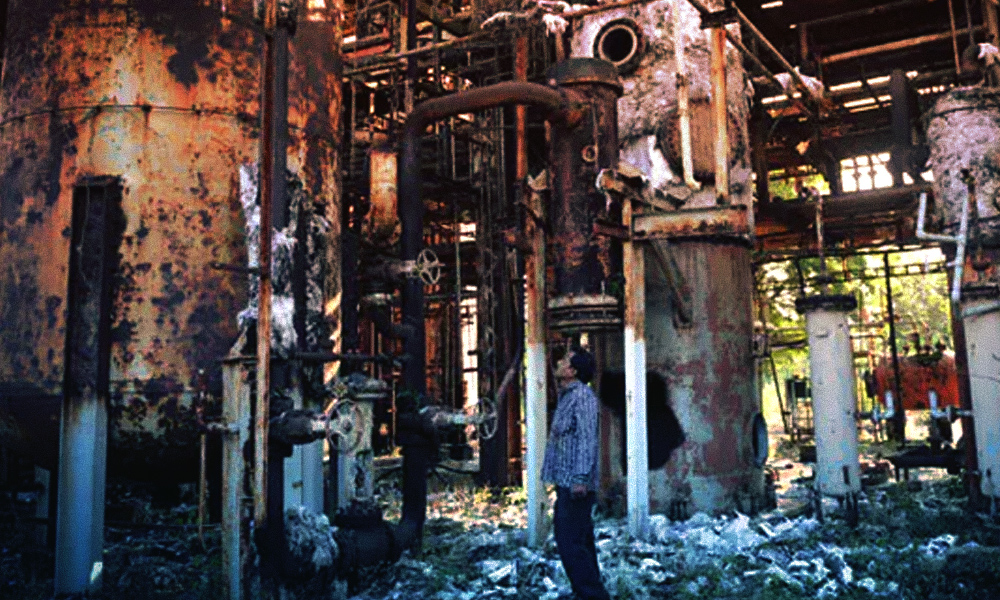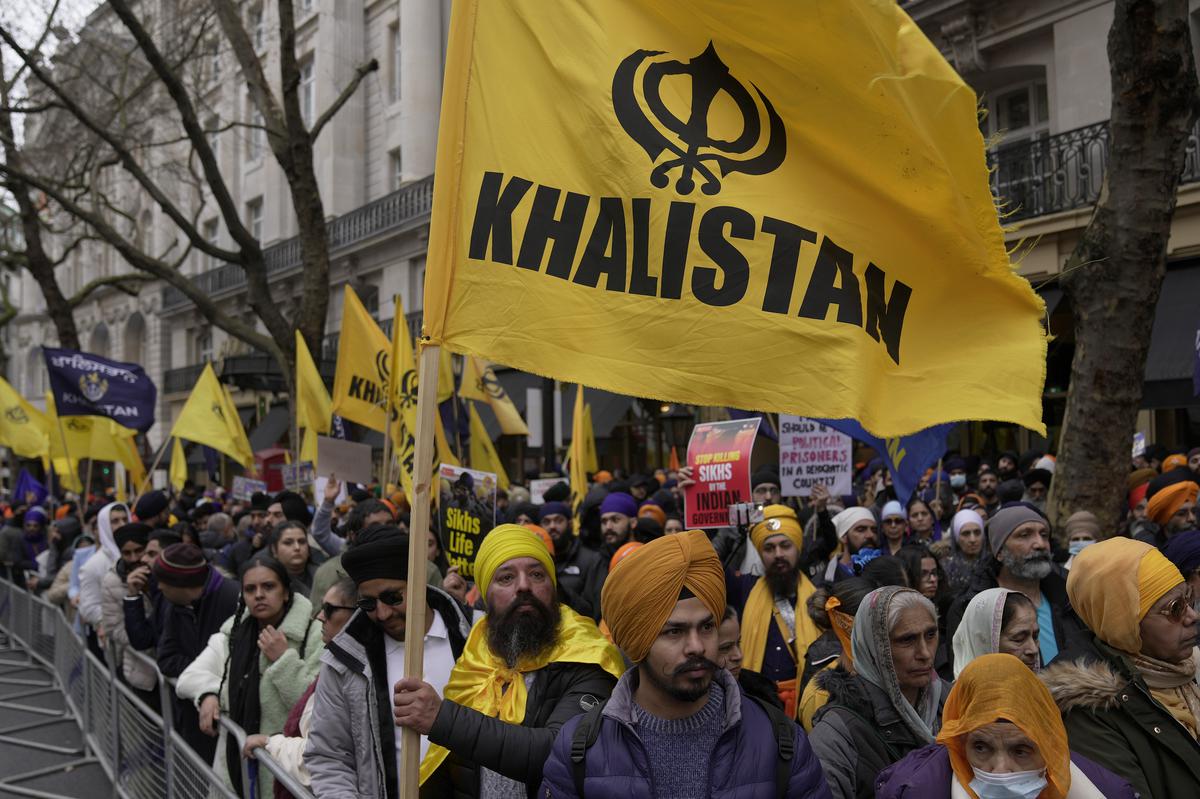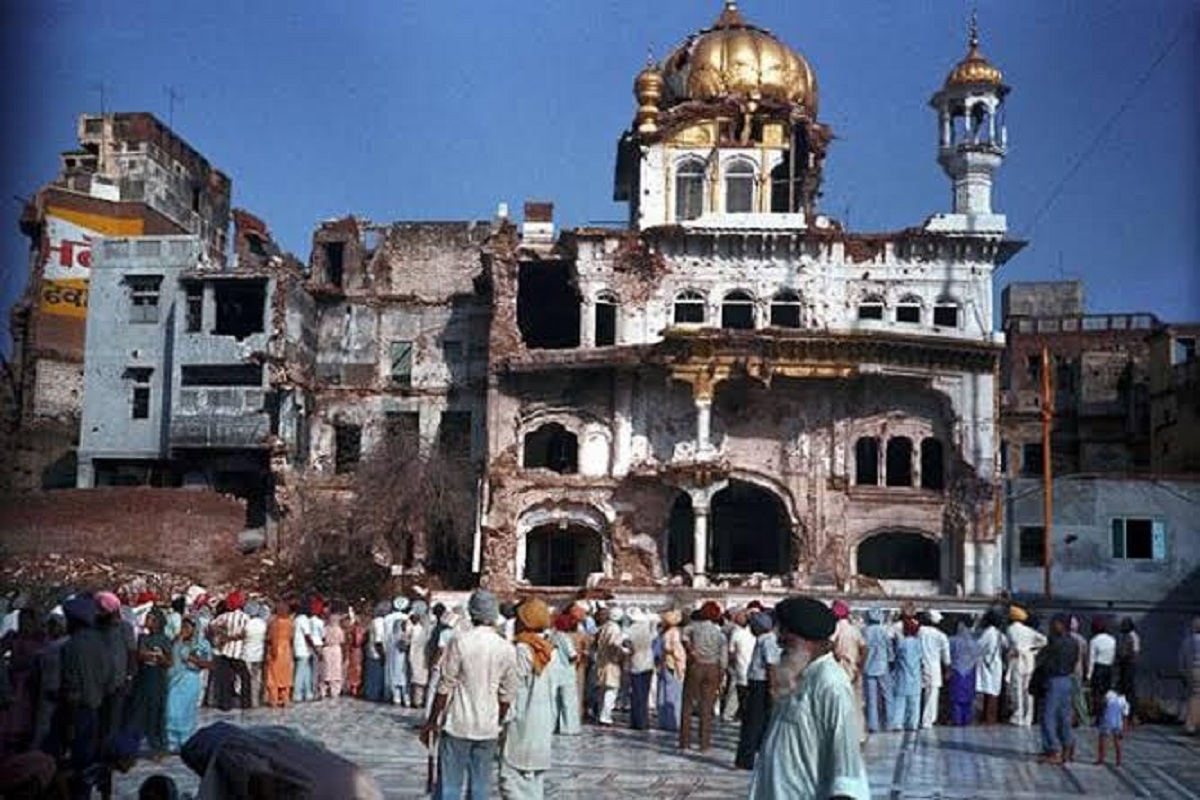Shiddu Moose Wala's Death
Shivjot Singh Sidhu, professionally known as Shiddu Moose Wala, was a popular Punjabi singer and songwriter. He rose to fame with his songs that often talked about the life of the common man and social issues. On 22nd May 2020, the Punjabi music industry was shocked by the news of his untimely death. In this blog, we will discuss the circumstances surrounding his death and his legacy.
Shiddu Moose Wala was born on 13th January 1993 in the village of Moosewala in Mansa district, Punjab. He was passionate about music from a young age and started writing songs when he was just in his teens. He rose to fame with his debut song "License," which became an instant hit. Some of his other popular songs include "Warning Shots," "So High," and "Same Beef."
On 22nd May 2020, Shiddu Moose Wala was involved in a road accident in Punjab's Sangrur district. He was driving his SUV when it collided with a truck. Shiddu and his two companions, Karan and Gaurav, were rushed to the hospital, but Shiddu was declared dead on arrival. The news of his death spread quickly, and fans and celebrities alike expressed their shock and grief.
The death of Shiddu Moose Wala was a significant loss for the Punjabi music industry. He was one of the most popular and talented young singers, and his songs resonated with the youth. His death was also a reminder of the dangers of reckless driving and the need for road safety.
Despite his short career, Shiddu Moose Wala left behind a rich legacy. His songs continue to be popular among Punjabi music fans, and his music videos have millions of views on YouTube. He was known for his unique style of singing and his ability to tell stories through his songs.
In conclusion, Shiddu Moose Wala's death was a tragedy that shook the Punjabi music industry. He was a talented singer and songwriter who had a bright future ahead of him. However, his legacy lives on through his music, and he will always be remembered as one of the most popular and beloved Punjabi singers of his generation.









